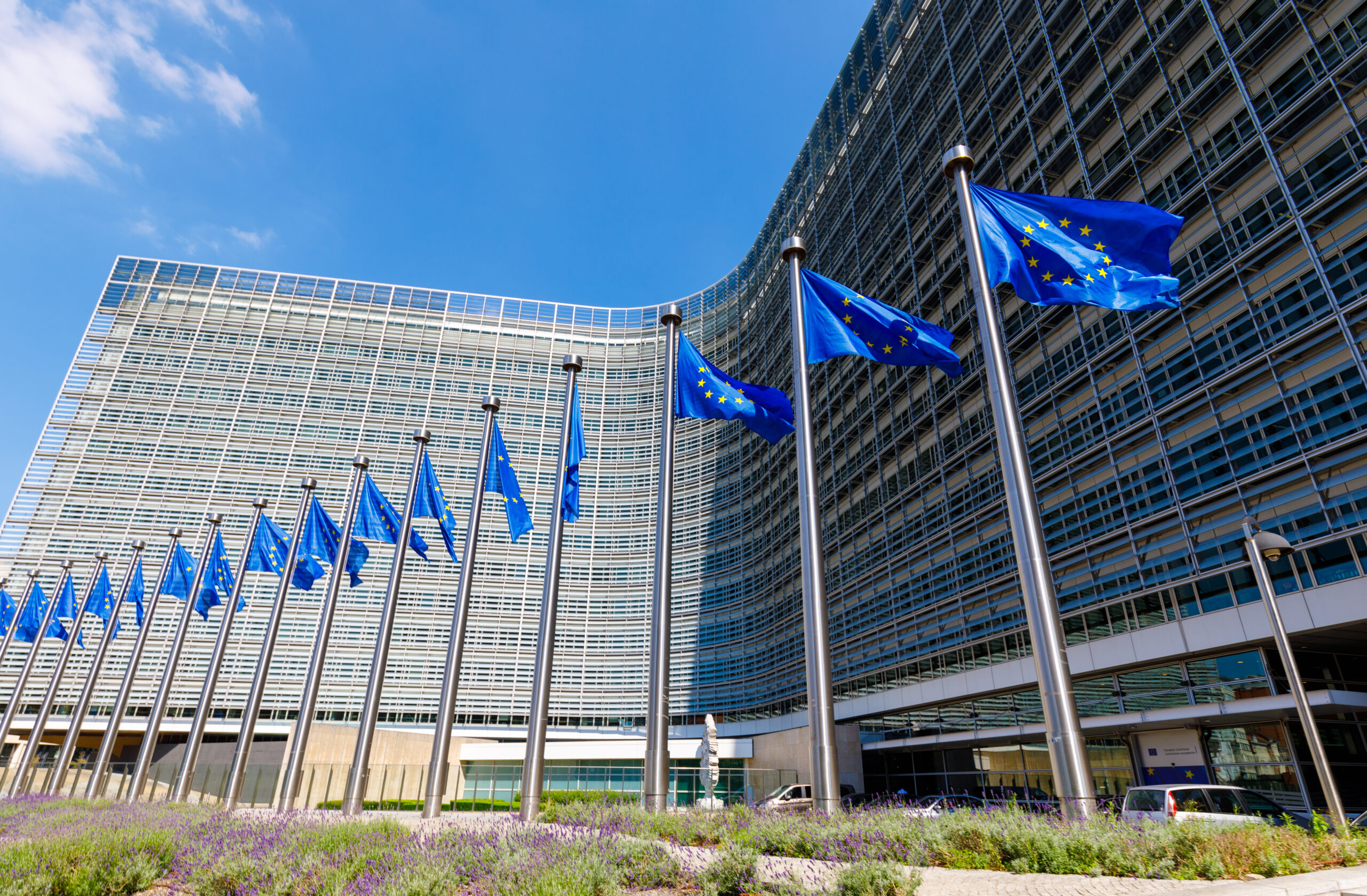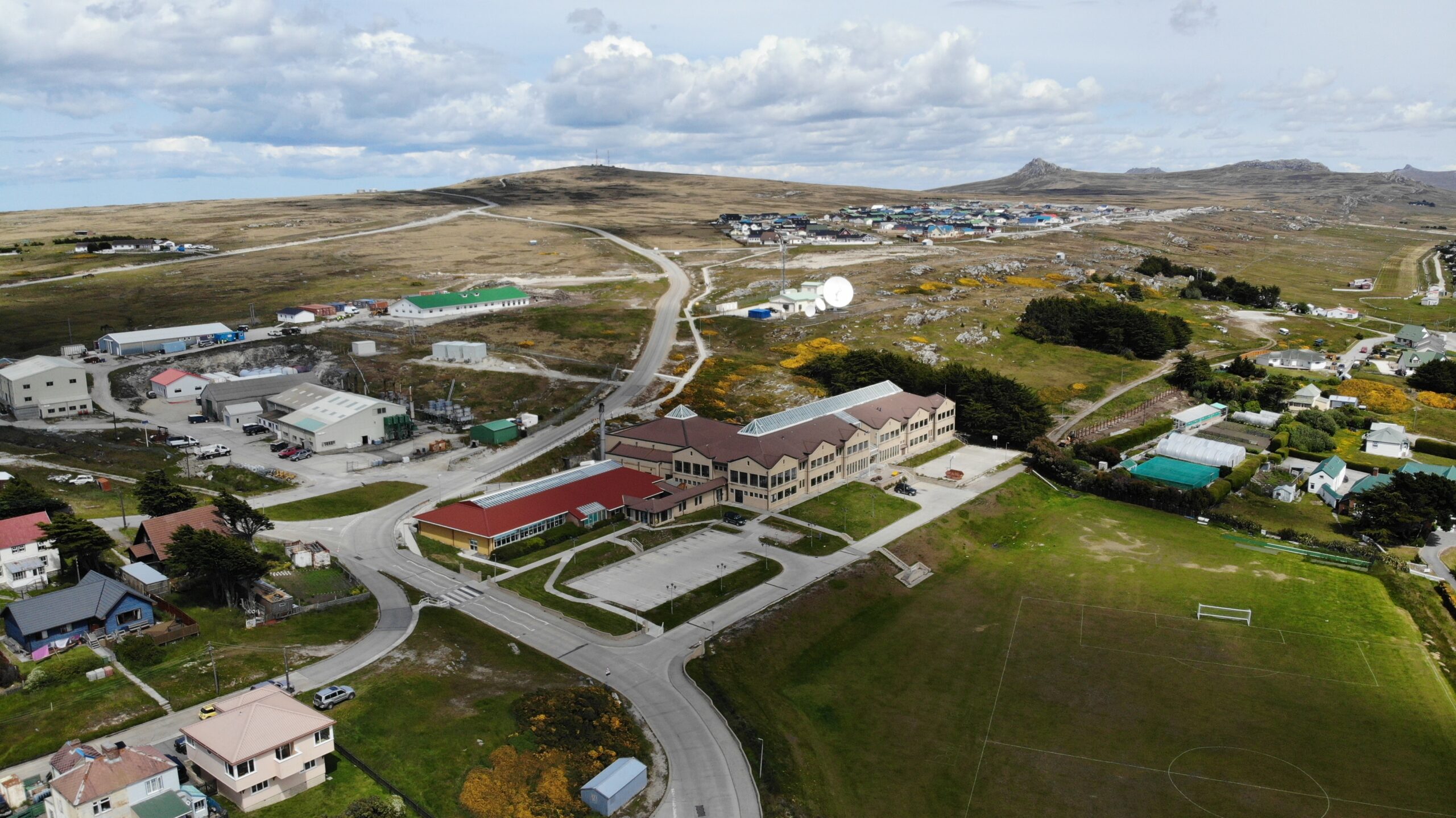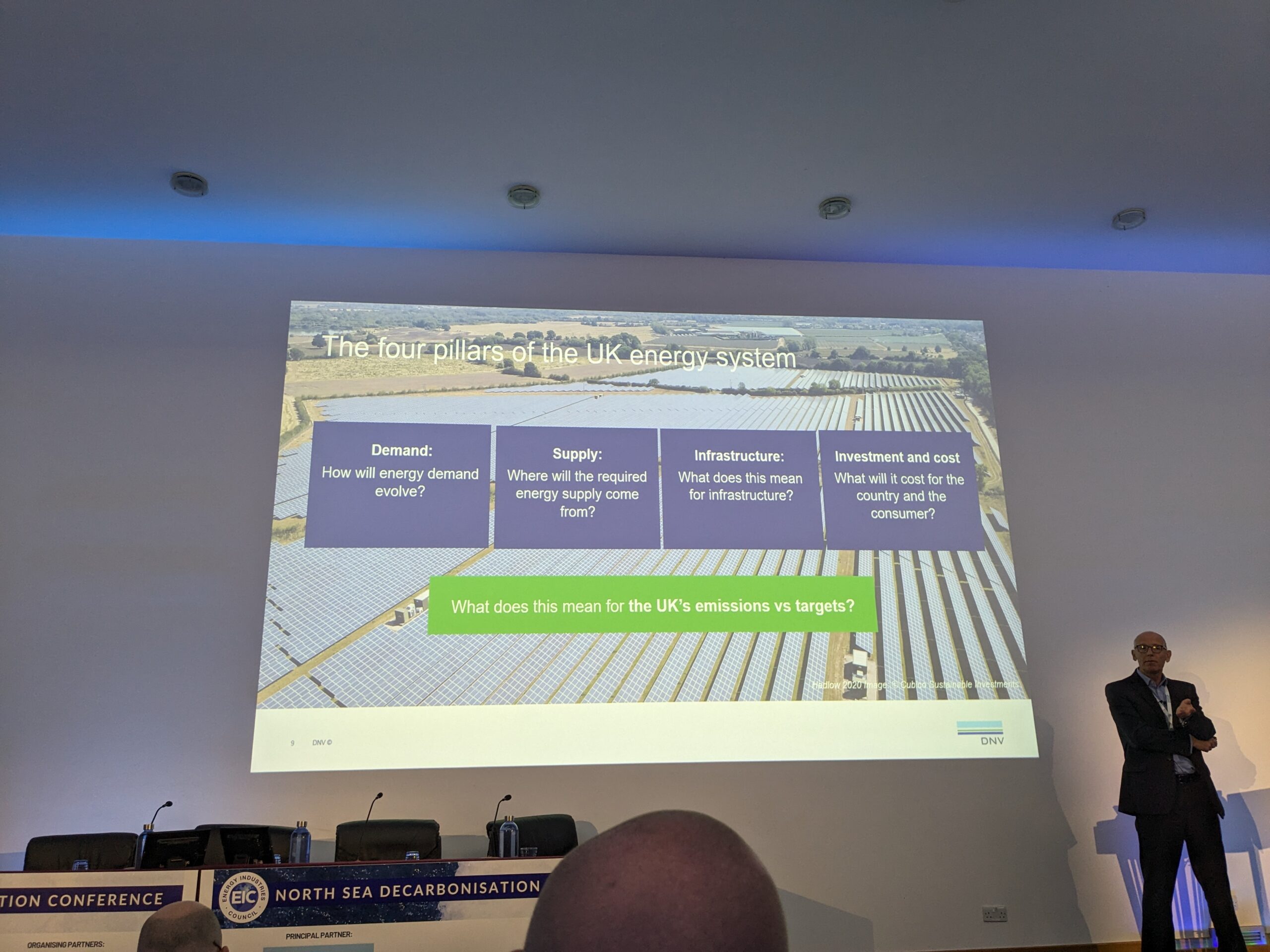Uncertainty looms over EU Green Deal ahead of June election
The new parliament that will emerge from the election could bring new challenges for the bloc’s energy policy, putting the future of the EU Green Deal in doubt.

With the election of a new European parliament coming up in June, concerns that the polls might shift to the right are rife due to the growing number of populist radical right parties gaining ground across EU nations. The new parliament that will emerge from the election could bring new challenges for the EU’s energy policy, putting the future of the Green Deal in doubt.
From June 6-9th, the European elections will pave the way for a new 5-year political cycle. The 705-seats parliament is made up currently of seven political parties led by the centre-right European People’s Party (EPP). The EPP which has 178 seats, followed by 141 seats for the Progressive Alliance of Socialists and Democrats (S&D), 101 for Renew Europe (RE), 71 for Greens/European Free Alliance (G/EFA), 67 for European Conservatives and Reformists (ECR), 58 for Identity and Democracy (ID), 51 Non-attached (NI), 38 for the Left.
There is a widely held view that the EU’s Green Deal adopted after the last parliamentary election in 2019 and following the 2015 Paris agreement set an irremovable pathway to achieve climate neutrality. It led in July 2021 to the adoption of the “Fit for 55” package designed to cut greenhouse gas emissions (GHG) by at least 55% by 2030, leading to major legislations such as the revision of the Emission Trading Scheme Directive, the establishment of a Carbon Border Adjustment Mechanism or to an updated version of the Renewable Energy Directive. It was updated in 2022 by the REPowerEU plan in response to Russia’s invasion of Ukraine and the need to boost security of supply. And in December 2023, the EU Commission recommended to cut GHG emissions by 90% to 2040, though the legal proposal for this will be made by the next commission.
But the inception of the Green Deal, which was adopted as a model for economic growth, was set against a different political context from today. The energy crisis that was triggered by the war in Ukraine, the resulting inflation across global economies, and mounting geopolitical risks have contributed further to the rise of populist parties and led many leaders to row back on climate policies in key member states and the UK to suit their electorate. Against this backdrop, the high costs of key technologies such as wind power, hydropower and electrolysers, to support the energy transition have highlighted the need for an adequate industrial policy that is competitive enough against the U.S. and China in sectors like batteries, electric vehicles, or even CCS, and biogas.
Risk of fragmentation
This context has fuelled the risk of increased fragmentation in future EU policy making, with member states expected to focus on defending national interests. According to Doug Wood, chair of the Gas Committee at industry association Energy Traders Europe (formerly known as EFET), the priority is to ensure that this does not undermine the internal coordination and flexibility of the European gas and power markets through more interventionist approaches at national levels.
He cites the recent controversy around a new storage levy implemented in Germany. “Pushing up costs at borders will raise barriers in the Internal Energy Market and move us backwards towards fragmented national markets with reduced supply security.”
With regards to the energy transition, Wood says that what is at stake is the implementation of the latest gas package in a manner that consolidates the market. The package was agreed in December 2023 but awaits final adoption by the European Council and Parliament to establish common internal market rules for green gases, as well to facilitate their integration into the existing system, especially hydrogen and biomethane. It adds to the EU’s market design for electricity markets and the latest version of the renewable directive, which is yet to be voted on in plenary session.
A major challenge is to still make all these schemes fit and enable the creation of a market that provides the right incentives for investors in the necessary infrastructure and technologies, according to Wood. “What we foresee is the development of a triangle of hydrogen, gas and electricity markets that are all interconnected and where products can be interchanged to take advantage of storage and transportation efficiencies,” he told Gas Outlook.
In the meantime, Wood warns against member states having their own nationalistic targets, leading to isolated approaches to the delivery of decarbonization. These range from harmonising key terms related to the value of carbon standards, to new certificates like Guarantees of Origins for renewables, or biomethane standards, which may alleviate the risk of barriers to cross-border trade, and even greenwashing. Mark Copley, CEO of Energy Traders Europe, stresses the importance of one framework, or a small number of schemes, to create confidence in the market and thwart such risks.
Strategic Agenda
One of the most pressing concerns after the election is that the Green Deal might not be supported in the next political cycle, since climate action is not deemed by some as fitting amid current economic conditions. This could reshuffle political priorities and overtake climate policy in the next Strategic Agenda, the key document that defines the EU’s future political priorities and is agreed by EU heads of state as part of discussions led by Charles Michel, the President of the European Council. “It is a very short document, but it can be very hard to negotiate between the 27 member states,” Sandra Tzvetkova, Senior Policy Advisor at climate consultancy E3G, told Gas Outlook.
With the war in Ukraine still raging on, the upcoming presidential election in the U.S. will be a key driver, especially in the event of a victory of former president Donald Trump. Tzvetkova says his stance on Russia and on NATO members needing to pay their fair share in the context of the war in Ukraine could further shift the focus on security and defence issues to the detriment of climate action.
New Commission
The Strategic Agenda is scheduled to be adopted in June, in the context of the elections and before the appointment later this year of new commissioners, as well as of a new president of the European Commission. The current president Ursula von der Leyen said she would be running as a candidate to her own succession. “Her candidacy is a good sign because she is likely to continue championing the Green Deal,” Tzvetkova told Gas Outlook.
But it will take more for the Green Deal to remain current. Tzvetkova says it needs a new model that puts the social dimension at its heart. The EU can do so for instance through unlocking the necessary funds for the energy transition via EU-level public funding, she says. “This was possible during COVID. It‘s a matter of political will,“ she stresses.


